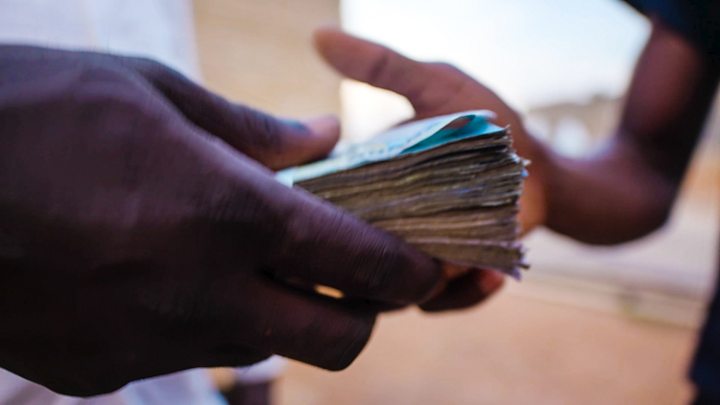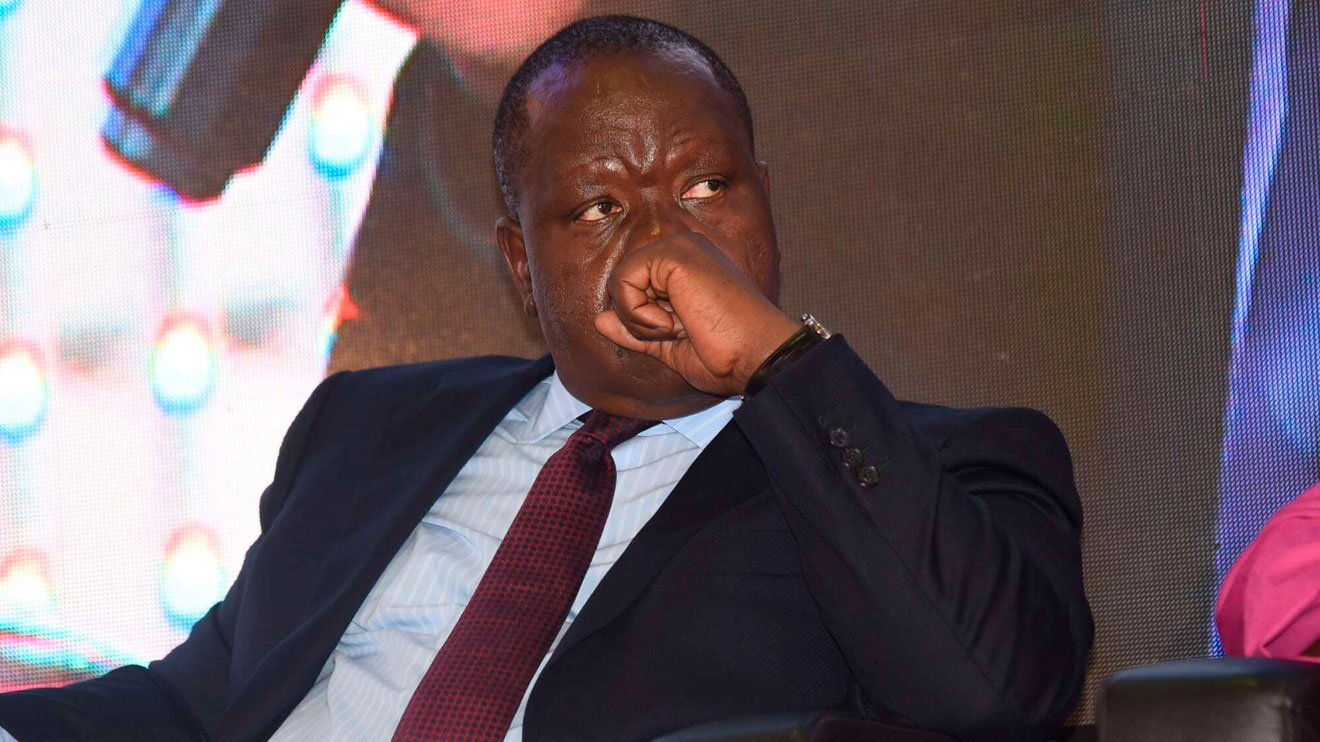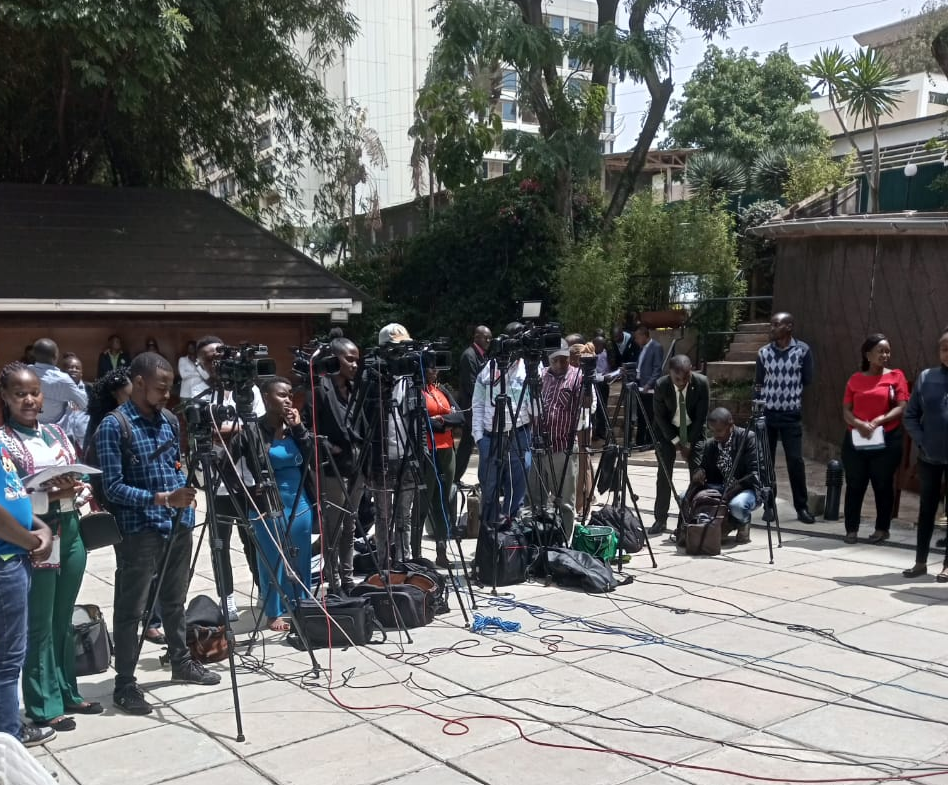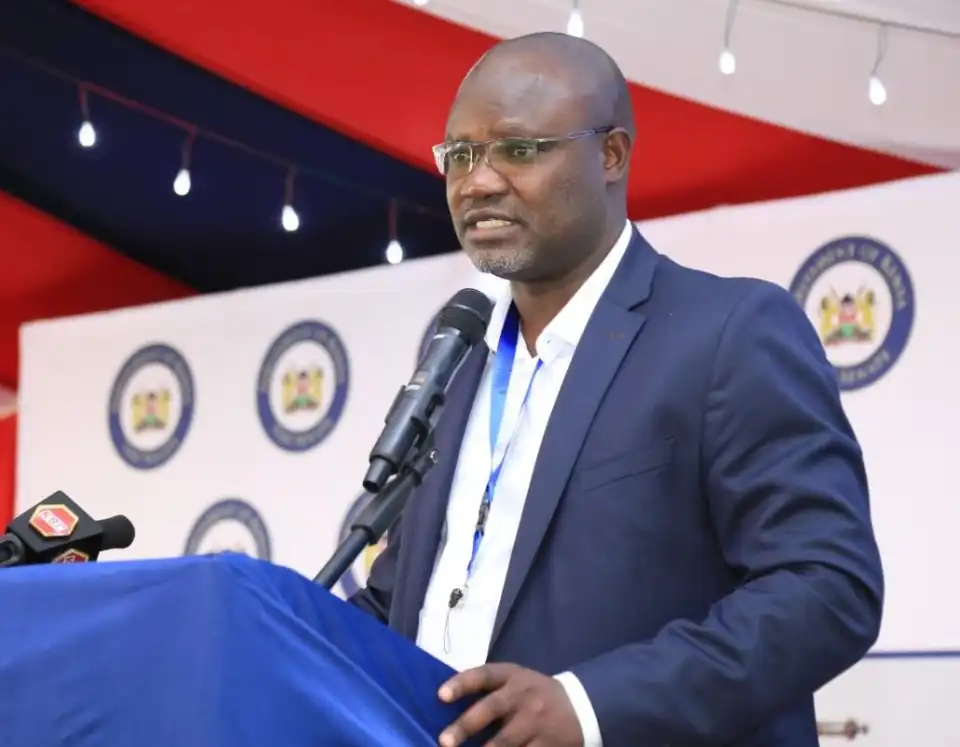[dropcap]I[/dropcap]n a bid to fish out unaccredited journalists operating within the premises of the Parliament, courts of law and hotel facilities, the Media Council of Kenya (MCK) has advised that only accredited reporters carrying valid Press Cards will be granted access to key institutions in official capacities.
In a statement, MCK CEO David Omwoyo said a high number of unaccredited journalists have been blackmailing Members of the National Assembly, Senators, litigants and hotel guests while harassing bona fide journalists in these areas.
MCK has written a request to the Parliament, The Judiciary and the Kenya Association of HotelKeepers & Caterers (KAHC) to aid in the weeding out of the non-accredited journalists from their facilities.
It has further made available an SMS enabled system where journalists press card numbers can be entered and sent for verification and validity purposes.
In addition, MCK will generate new press cards with a micro-chip that will facilitate access to various key institutions for accredited journalists.
The move comes as the council released draft new guidelines that seek to impose strict requirements for accreditation including professional certificates from recognised institutions, letters from employers, recommendations from institutions of internship and portfolios of work done either in Print or Broadcast.
Accredited journalists will have the right to attend briefings, press conferences, press releases by the government or public sector
organisations and other events organised for the press and inclusion in official visits by the State and Government officials.
They will be required to observe the Code of Conduct for the practice of Journalism; observe the rules and guidelines issued by the Council; and carry the accreditation badge on them at all times while on duty.
If implemented, it will be mandatory for all media practitioners and student applicants to complete the Media Council of Kenya Ethics Training Course approved by the Council.
And unlike in the past, MCK will have powers to revoke or cancel any accreditation before the expiry of the one-year period, if it is satisfied that the continued enjoyment of accreditation by the
journalist or media practitioner concerned would not be in the public interest or on the expiry of an accreditation date; when a journalist is dismissed from the service of a media enterprise or when a journalist violates the Media Council Act 2013, rules, guidelines or orders issued by the Council.
Foreign journalists will also be required to apply for ad hoc accreditation after providing a letter from the employer, a professional certificate, portfolio of work done in print or broadcast, a valid work permit and special pass for short term accreditation.
{ Read: MCK forms committee to review media associations }
However, the draft 2019 regulations, which will be subjected to public participation, stipulate that the MCK may, where it considers it necessary, make the accreditation subject to such conditions as it may specify in this behalf, and, if the journalist concerned accepts such conditional accreditation, he shall be under an obligation to comply with those conditions at all times.
The new rules, if they eventually come into force, will not only weed out individuals masquerading as journalists and media practitioners but also target institutional journalists engaging in unethical conduct such as bribe taking, extortion and propaganda.
In November last year, Omwoyo singled out six counties – Homa Bay, Nairobi, Kisumu, Mombasa, Turkana and Garissa – as hotbeds for fake journalists, whom he said are involved in a myriad of misdemeanours, including misrepresentation of facts, taking money by false pretence and asking for handouts from news sources.
But even within the mainstream media, bribery is prevalent. There is a saying that if one wants to be featured in the media, ‘journalists’ have to be ‘released’ (euphemism for bribed) to leave press conferences addressed by politicians and others seeking media coverage.













Leave a comment